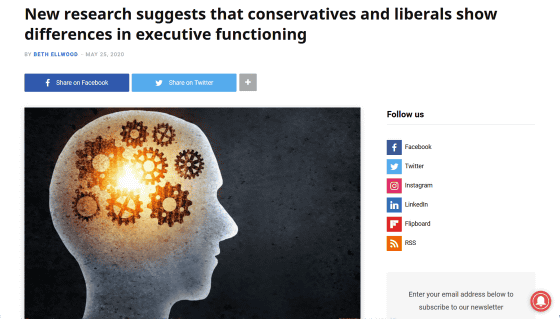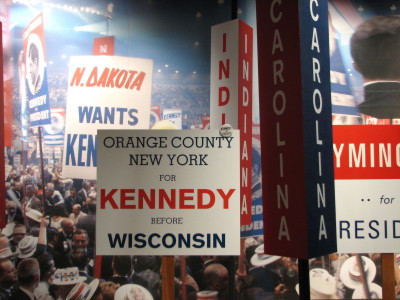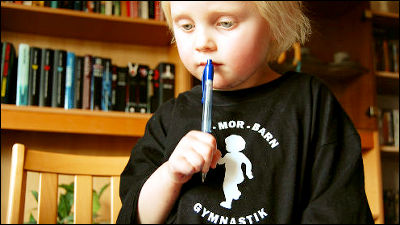It turns out that there is a difference in cognitive flexibility and types of tasks that are good for conservatives and liberals

Political ideology is mainly divided into '
Political Ideology and Executive Functioning: The Effect of Conservatism and Liberalism on Cognitive Flexibility and Working Memory Performance-Bryan M. Buechner, Joshua J. Clarkson, Ashley S. Otto, Edward R. Hirt, M. Cony Ho,
https://journals.sagepub.com/doi/abs/10.1177/1948550620913187
New research suggests that conservatives and liberals show differences in executive functioning
https://www.psypost.org/2020/05/new-research-suggests-that-conservatives-and-liberals-show-differences-in-executive-functioning-56867

Studies on political ideology have traditionally focused on two ideologies, '
The research team of Bryan Buechner et al. At the University of Cincinnati says that conservatives adhere to existing rules and resist changes in things, such as strong cognitive rigidity, which causes stimulation that conflicts with existing information. He pointed out that he might be good at suppressing it. On the other hand, liberals tend to have strong cognitive flexibility and openness, so they are considered to be good at suppressing old information and adapting to new environments.
Based on the above ideologically-based tendency differences, the research team said, 'Conservatives excel at tasks that require the ability to suppress thoughts that collide with existing information, and liberals revise their perceptions in response to new information. The ability to excel at tasks that require it. ' To confirm this hypothesis, the research team conducted some experiments on 'differences in cognitive function between conservatives and liberals.'

The first experiment targeted 105 college students living in the United States, 'Ignore the extra information randomly displayed on the screen, but respond appropriately at the timing when the target specified before the experiment was displayed I was asked to do the task. Furthermore, for another 96 college students living in the United States, a task of 'writing down the' last displayed word 'in each category among the words related to several categories displayed in order' was performed. It was done.
The first task is a “cognitive-depressant task” because subjects must continue to focus on their designated targets and suppress the stimulation of extra information before the experiment. On the other hand, the second task is a 'cognitive update task' because it responds to newly displayed words and requires continuous information updates.
An analysis of a series of experimental results and an evaluation of each subject's political ideology showed that 'conservative subjects performed better on cognitive-suppressive tasks, while liberals performed better on cognitive-renewal tasks. The trend of 'leaving results' became clear. This result is consistent with the hypothesis originally set up by the research team.

In addition, the research team investigated the possibility that the differences in the first experiment depended on factors other than political ideology, such as 'religion and intelligence,' in a separate study of 194 American and Canadian adults. We are also conducting experiments. Participants in this experiment were randomly assigned to 'cognitive-suppressive tasks' and 'cognitive-renewal tasks,' in which religion and intelligence were assessed in addition to political ideology. As a result, although tasks that I was good at tended to differ depending on political ideology, it seems that religious spirit and intelligence were not related to tasks that I was good at.
In the final experiment, 207 US and Canadian adults were randomly assigned to two tasks to see if 'cognitive flexibility' was associated with task performance. At that time, he also evaluated cognitive flexibility in addition to political ideology. As a result of the experiment, similar results to the previous experiments were obtained for the tasks that the conservatives and liberals are good at. It was also shown that liberals were more cognitively flexible than conservatives, with the result that cognitive flexibility explains the difference between task performance and political ideology. It was
The research team pointed out that political ideology is related to the difference in the ability to perform tasks, regardless of factors such as intelligence and religious belief. 'These findings provide a unique perspective in considering the cognitive differences between conservatives and liberals and their cognitive flexibility in task executive function,' the research team said.

Related Posts:
in Note, Posted by log1h_ik







